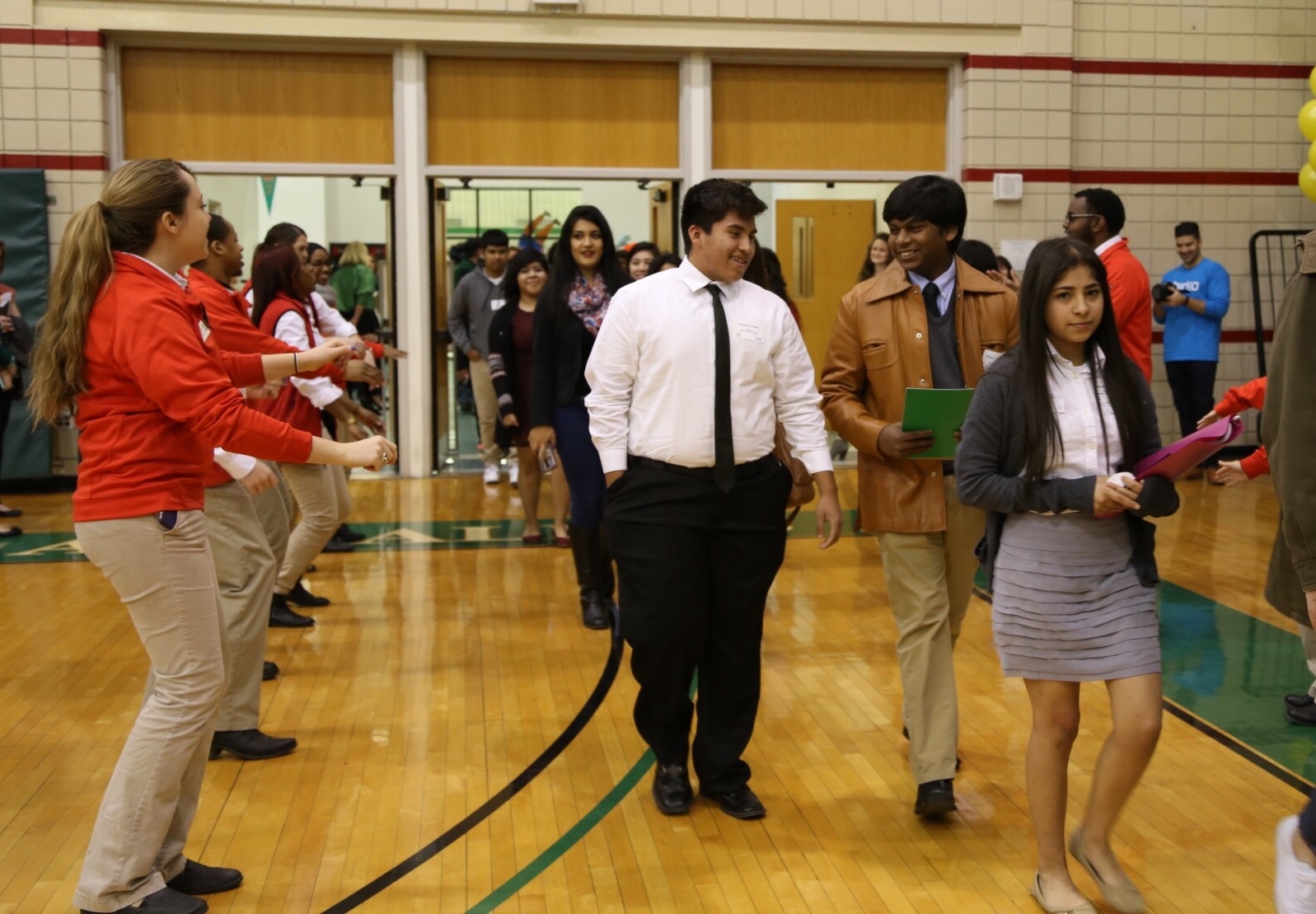Last week, we learned the earliest Dallas schools will open for in-person teaching will be September 8. The governor granted local health authorities the power to delay, and Dr. Philip Huang did so. We’ll know more about Dallas ISD’s reopening plan this week, after the school board meets.
But what comes after reopening? In March, schools essentially had a week to transition from in-person classes to digital. Teachers and students and parents were all figuring it out as they went. Grading changed, tests were canceled, and so student accountability was tricky considering technology and the sudden disappearance of a physical space that you were expected to arrive to. Already, research is showing that a learning loss or achievement gap is happening in districts across the country. Dallas ISD, where more than 86 percent of its student population is economically disadvantaged, is not immune.
We don’t have the data yet, but that’s not stopping some of the district’s trustees to look to 2021. Prepare to hear a lot more about year-round schooling.
“My hunch is we did experience learning loss over time,” says Trustee Ben Mackey, whose district includes North Oak Cliff and parts of West Dallas. “But I think it would be vastly different depending on where you live in the city, your skin color, your socioeconomic status. I think we will see those gaps exacerbated by this.”
To Mackey, that statement is an opportunity. Like so much with this virus, local governments can’t hide from the fissures it is exposing in our communities. If distance learning delayed student development, it’s incumbent upon the school district to find ways to address that.
Beginning in the next school year, the Texas Education Agency has allowed districts to modify their calendars. They can replace the 180-school day year with a 240-day year, bringing in additional breaks and restructuring the school day. The idea is to provide more resources to students that would get them back to where they should be. And districts have a fair amount of leeway about deciding what that looks like.
It would be an option, something parents and students and teachers would opt into. There was funding set aside in House Bill 3 during the last legislative session that would use state dollars to pay for up to a half day of instruction as well as the research that would inform such a model. This so-called intersessional calendar—which is also known as year-round schooling—has already gained steam in districts like Garland. According to the state, the intersessional calendar would be implemented with a purpose of “targeted remediation.” Like remediating pandemic-induced learning loss.
“I think it would be imprudent for us to come up with a model right now when we still don’t understand the total dynamic of learning loss,” says Trustee Miguel Solis, who represents Love Field, Northwest Dallas, and portions of East Dallas. “I think we need to be able to have a host of empirical data to help us inform the public about what we think the best approach will be and then get their thoughts about what the best approach will be for them.”
It’s still early. And an intersessional calendar isn’t the most radical option. The TEA is also allowing districts to redesign the school year completely, to expand the days, shuffle the breaks, and rethink the amount of time teachers are in front of students. They can pilot this at one school or take it district-wide; the funding will be there either way. Solis is for expanding the school year, but data must inform the details.
Anecdotally, Mackey can tell stories about the two groups of kids that are flourishing at a distance: the ones you’d expect, who were already getting good grades and are in the classroom before the bell rings, but also the ones you wouldn’t, the kids who don’t show up to classes. Now, they can log on after they get done working for the day, if they have to have a job to help support their family. School doesn’t have to start at 8 a.m. for everyone. Could the pandemic signal that path forward?
“What if we had more days on the year and put after school programs there?” Mackey asks. “Why does school have to be 8 a.m. to 3 p.m.? What if you had a school open from 6 a.m. to midnight and it doubled as a rec center? If you’re a family that needs to drop a kid off at 6 a.m. and pick them up at 6 p.m. because you work, why can’t you do that?”
Mackey and Solis are bullish on the opportunity. Some others on the school board declined to comment, wanting to learn more about the possibilities. Trustee Dustin Marshall, whose district two includes North Dallas and portions of East Dallas, said he did not “have any comment on this topic at this time.” But a post on his Facebook wall shows some of the concern from parents. They don’t want to lose their summers. For some, the traditional school day is working. Why change that?
“I’ve spoken to my colleagues on the Board who are interested in Year Round School – and their intent is to identify high-need students/schools that would benefit from extra instruction and give them the OPTION to attend additional school days over the summer,” Marshall wrote. “This would NOT impact families who prefer to keep their summer breaks unless they proactively decided to send their kids to these extra school days.”
There is a lot to work out. The school board meets on Thursday to discuss its reopening plan. That’s important and critical. But what comes in 2021 will be the interesting part. What more can the district do for its students? Expect those conversations to begin soon.





